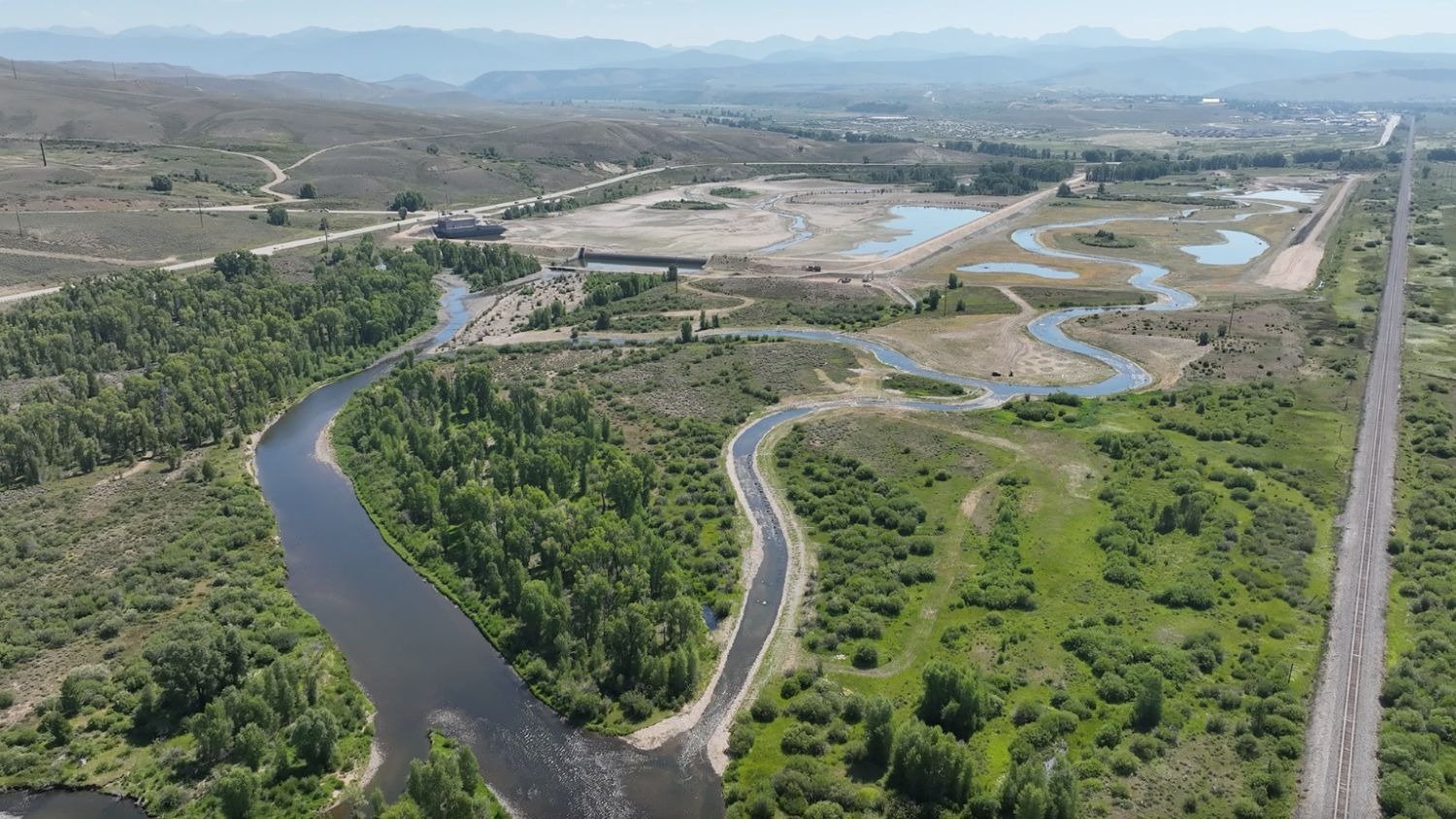Keeping Public Lands in Public Hands
Snow flurries began to whirl out of a steel-gray sky, and temperatures plummeted. But the crowd of hunters and anglers gathered on the steps of the state Capitol in Denver was just getting warmed up. "Hands off our public lands!" a speaker shouted. The group roared its approval.
On February 25, members from Trout Unlimited, Backcountry Hunters and Anglers, the National Wildlife Federation, and other sportsmen groups turned out to turn up the heat on Colorado lawmakers who might be thinking about introducing legislation to transfer to state control public lands like National Forests and BLM lands.
The groups' message, delivered despite cold and snow: Not on our watch.
"Our public lands are not for sale!" said Kent Ingram of the Colorado Wildlife Federation, one of several speakers who spoke from the heart about what public lands mean to America's sportsmen. These special places "one of the defining qualities of Colorado's quality of life," he said.
Coloradans agree. A bipartisan poll by Colorado College found that more than 80 percent of Coloradans cited the ability to be near and recreate on public lands as a significant factor for living in the West, with 72 percent saying that public lands belong to all Americans, not individual states.
Kirk Deeter, longtime columnist for Field and Stream and editor of TU's Trout magazine, brought it all home. He noted that he travels all over the world to fish and hunt, but he chooses to live in Colorado and always returns here because of its magnificent public lands and access to outdoors opportunity.
He said that proposals to strip Americans of that birthright and heritage are "unAmerican" and won't be tolerated by sportsmen.
"We're going to fight," said Deeter.
Deeter's passion was clearly shared by the crowd. "These public lands are our birthright, they're our heritage, and they're shared and owned by all Americans," TU's Ty Churchwell told the Durango Herald.
This latest rally for public lands (other recent rallies in New Mexico and Idaho have brought out hundreds of sportsmen) sends a strong, clear message that hunters and anglers won't sit by quietly while our public lands are degraded or sold to the highest bidder.
Anti-public lands lawmakers, take note.










 The Cherry Creek Anglers are her local chapter and after attending a few meetings, Lori renewed her membership to a lifetime status, “The Chapter members were friendly and fun, the meetings always had entertaining speakers that expanded my knowledge of fly fishing,” said Bertagnolli. “I was excited to be a part of a group that helped preserve our local waters and promote the joy of fishing.” Within a year she was a member of the Chapter's Board.
The Cherry Creek Anglers are her local chapter and after attending a few meetings, Lori renewed her membership to a lifetime status, “The Chapter members were friendly and fun, the meetings always had entertaining speakers that expanded my knowledge of fly fishing,” said Bertagnolli. “I was excited to be a part of a group that helped preserve our local waters and promote the joy of fishing.” Within a year she was a member of the Chapter's Board.

